Five Americans Are Released After $6bn US-Iran Prisoner Swap Deal
The United States is witnessing a momentous occasion as five American citizens, who were previously held captive in Iran, are on their way back home.
This critical development comes as a part of a carefully negotiated deal between the US and Iran, fostering a climate of cautious optimism and relief among the families of the detained individuals and the nation as a whole.
Identifying the Released Americans
Among those released are individuals with diverse backgrounds and professions, including Siamak Namazi, a notable oil executive, Emad Shargi, a businessman, and Morad Tahbaz, a conservationist with dual Iranian-American citizenship.
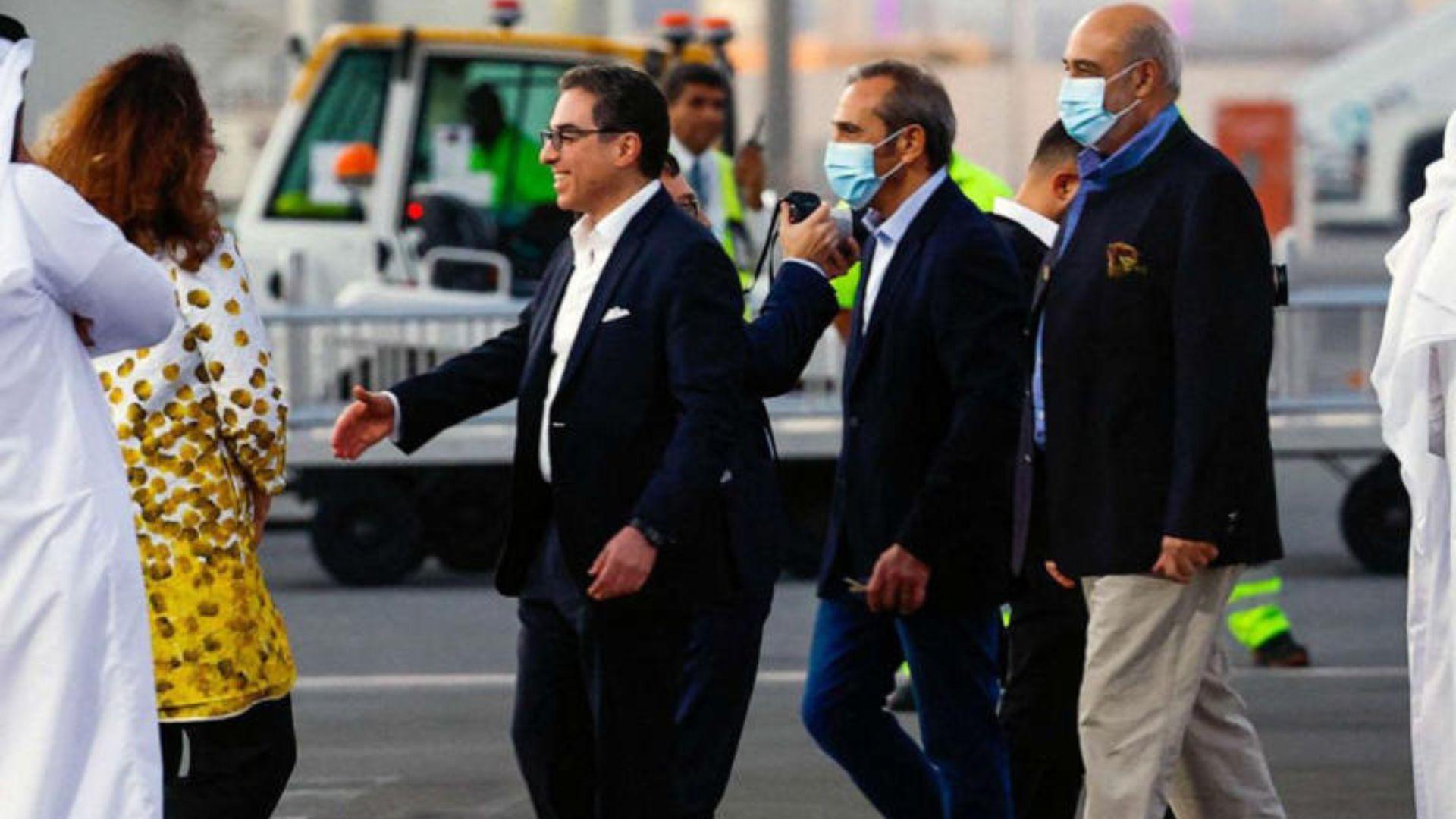
Source: Getty Images
Additionally, two more individuals who have requested anonymity are also part of this group. These individuals have been acknowledged as wrongfully detained, marking their release a significant step towards justice.
President Joe Biden Addresses the Release
In an official statement, President Joe Biden stressed the innocence of the five Americans and expressed his heartfelt joy as they are finally nearing home. This sentiment echoes the relief and happiness that is being felt across the nation.
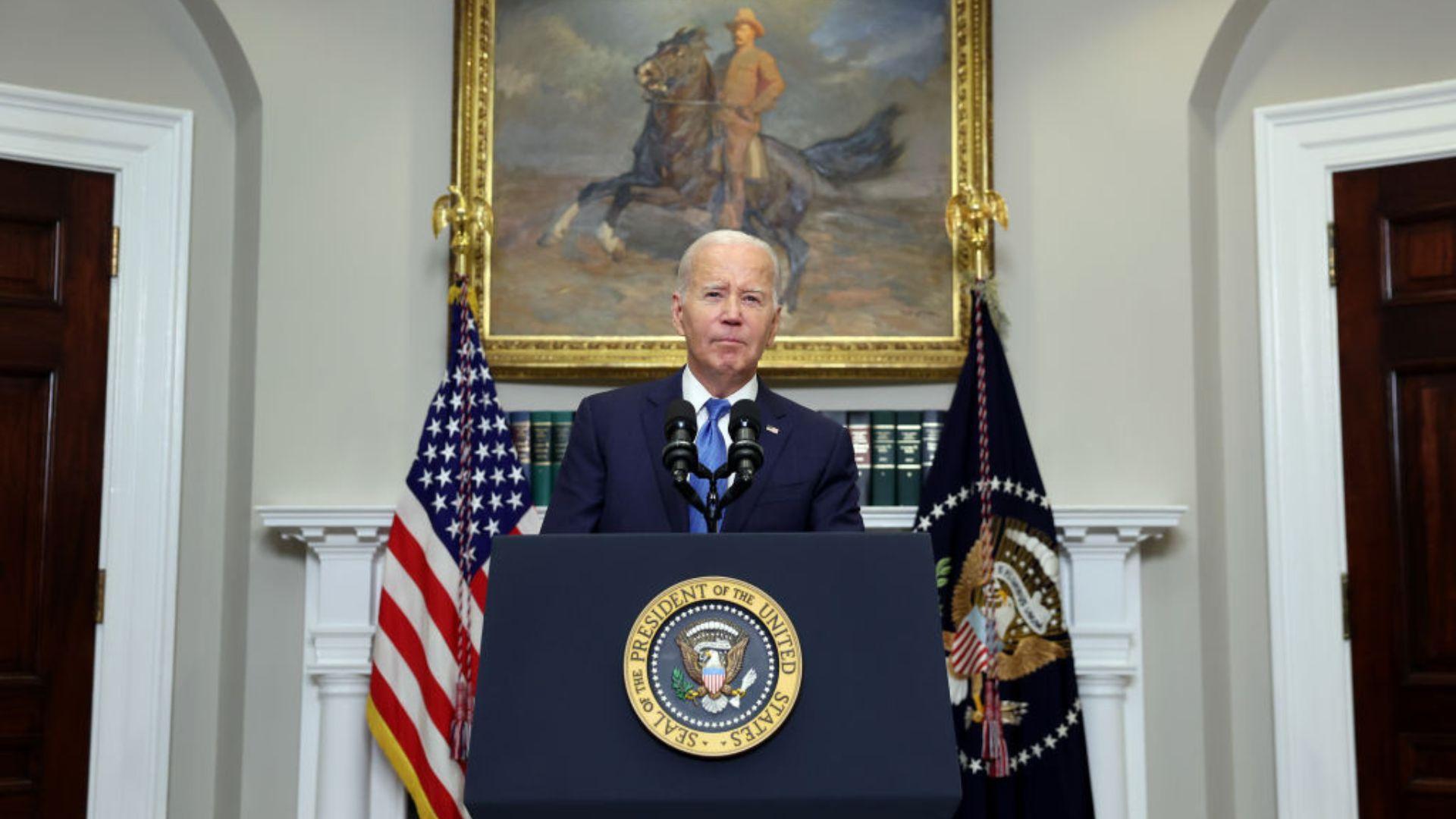
Source: Getty Images
After enduring years marked by uncertainty and distress, these Americans are nearing a reunion with their loved ones, marking the end of a painful chapter in their lives.
International Collaboration
President Biden extended his gratitude towards the various nations that played a pivotal role in facilitating this agreement. He highlighted the tireless efforts made by countries such as Qatar, Oman, Switzerland, and South Korea in making this outcome possible.
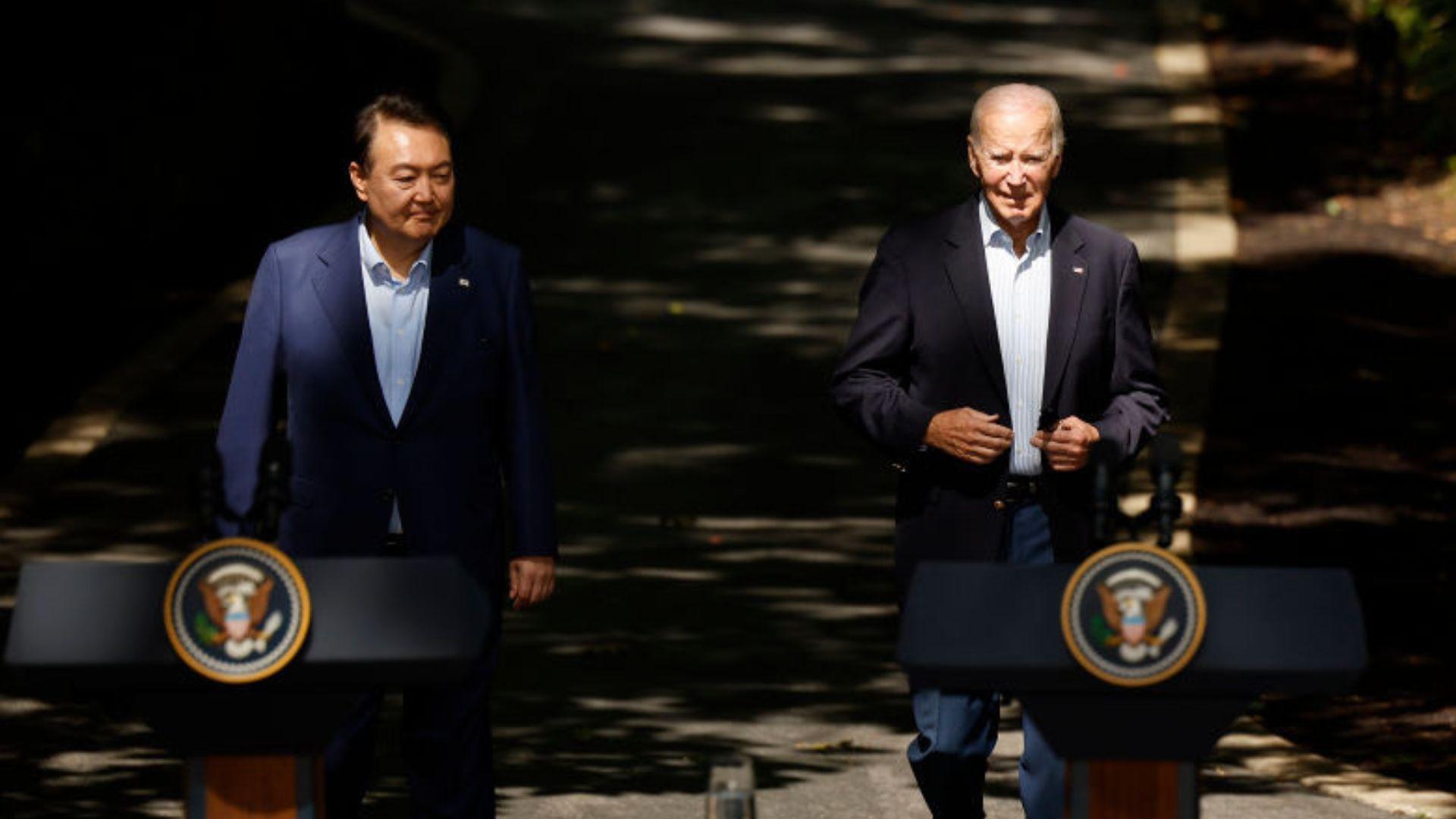
Source: Getty Images
The collaborative diplomatic efforts spanning several months indicate the importance of international cooperation in resolving such sensitive issues.
Secretary of State Blinken Shares His Thoughts
Secretary of State, Antony Blinken, shared his personal experience of having an emotionally charged conversation with the released Americans. This dialogue served as a potent reminder of the inherent human element that lies at the core of diplomatic endeavors.
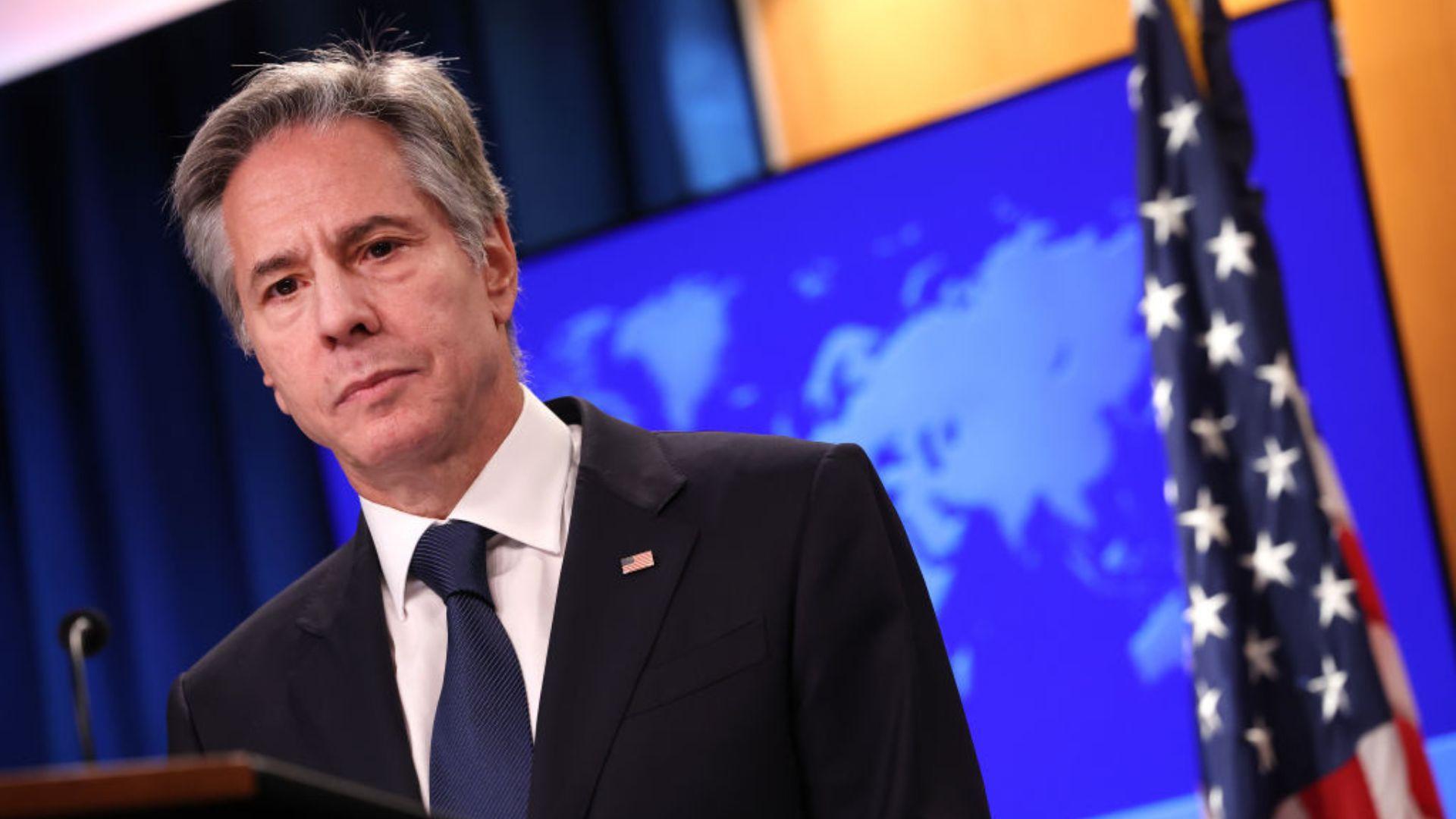
Source: Getty Images
It demonstrates that beyond political negotiations, the wellbeing of individuals remains a priority, grounding policies and decisions in empathy and understanding.
Levinson's Legacy
Despite the joyous occasion, there’s also a moment of reflection and sobriety as thoughts are directed towards Bob Levinson. Levinson has been missing for over 16 years, presumed to have been abducted in Iran.
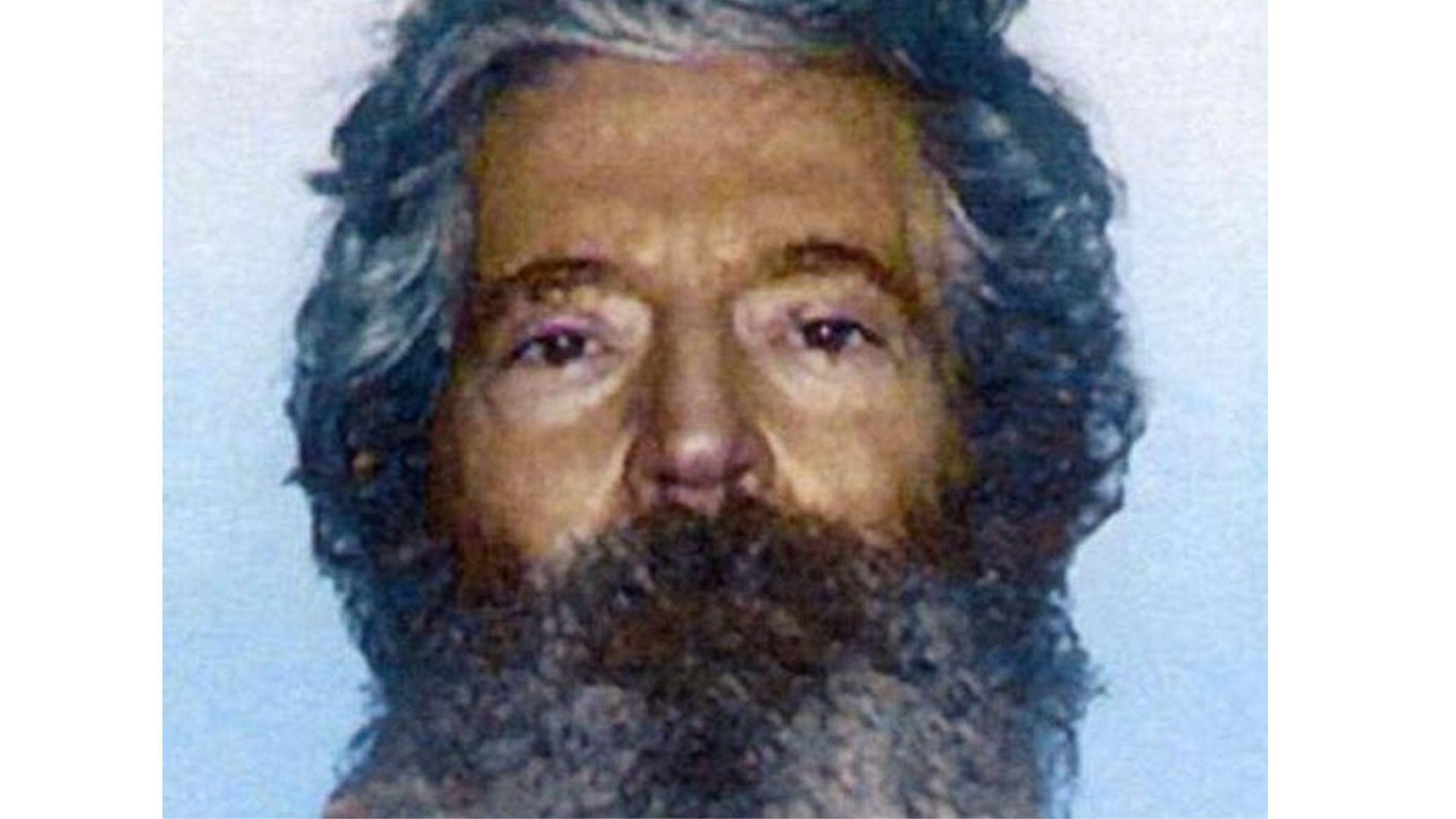
Source: Wikimedia Commons
His presumed demise has not been in vain, as it paved the way for the Levinson Act – a tool to prevent the wrongful detention of Americans and the abuse of the international system.
Understanding the U.S.-Iran Agreement
This release has been achieved through a meticulous negotiation process, wherein the US granted clemency to five Iranians and agreed to facilitate Iran’s access to around $6 billion in frozen assets, with the stipulation that these funds would be utilized solely for humanitarian purposes.
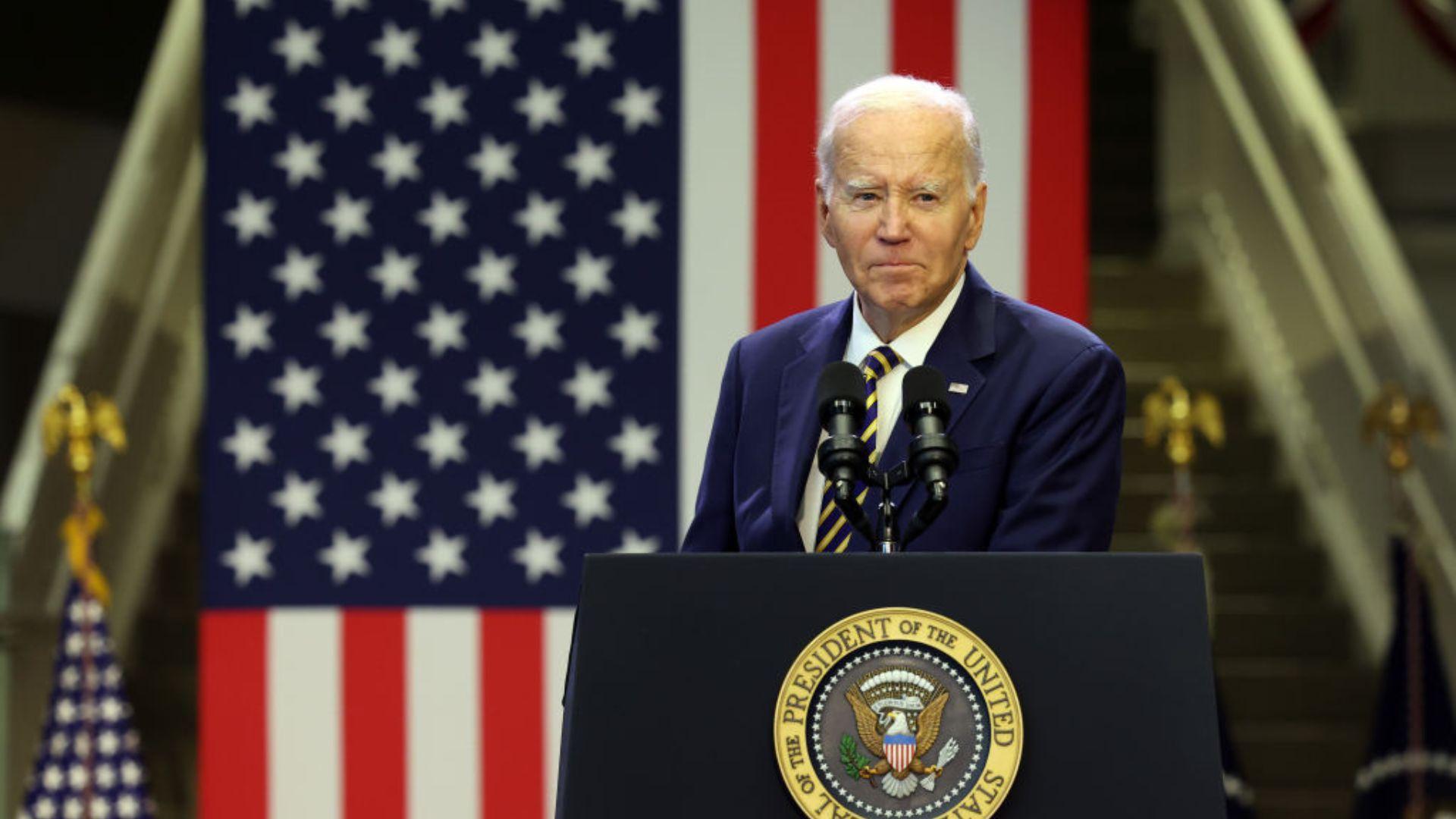
Source: Getty Images
This carefully orchestrated exchange showcases the nuanced intricacies involved in international diplomacy and agreement facilitation.
The Americans' Return to U.S. Soil
The journey back home is being facilitated through a Qatari aircraft which will initially land in Doha. Following this, US officials have outlined a plan to expedite the return of these individuals to the Washington, D.C. area.
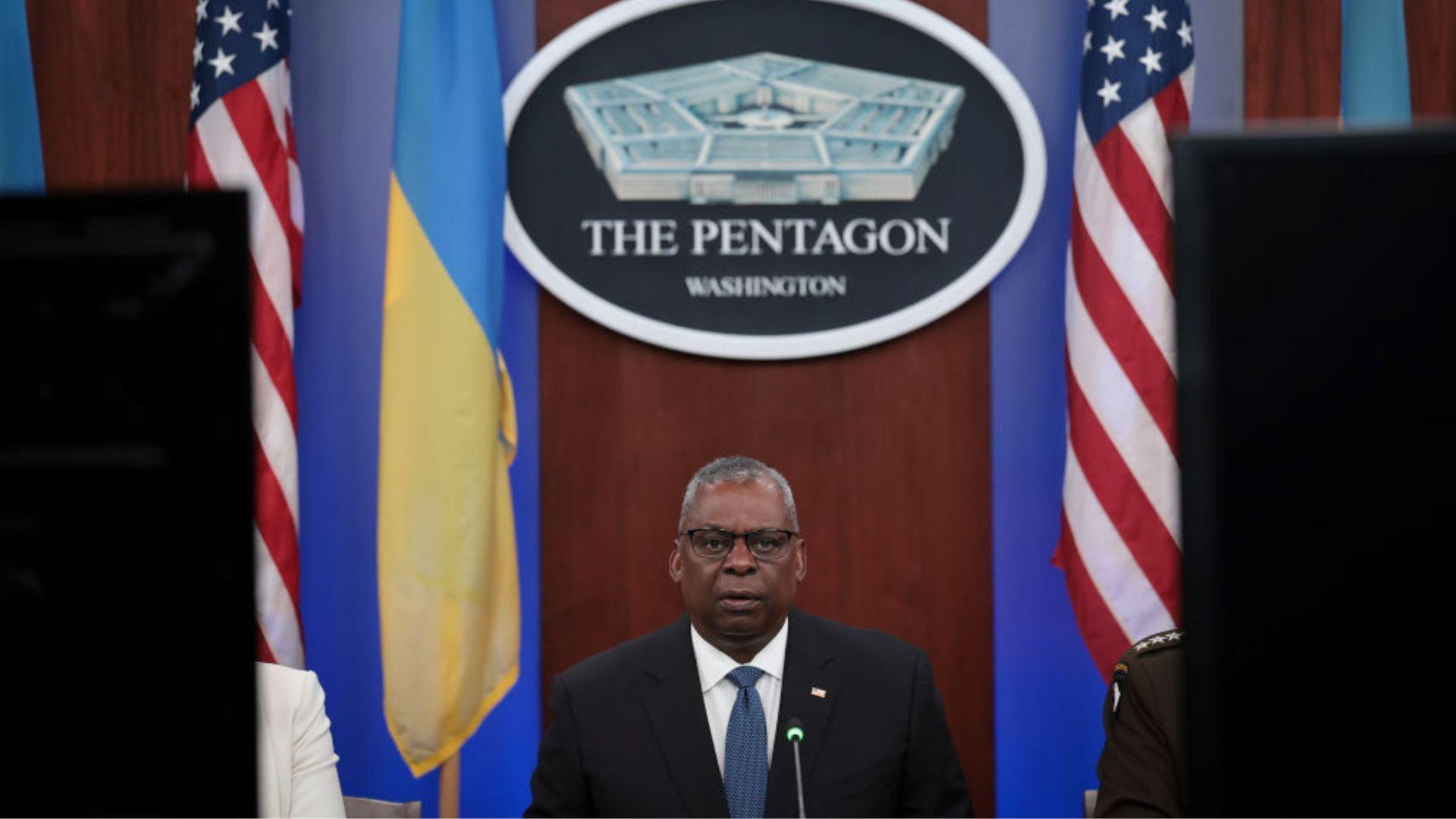
Source: Getty Images
There, they will be welcomed by their families and offered support from the Department of Defense for their recovery and integration back into everyday life.
Profiles of the Released Individuals
The individuals released have endured harrowing experiences during their time in Iran. Namazi, a 51-year-old oil executive, faced a 10-year sentence on charges of collaboration with a hostile government, owing to his ties with the US.
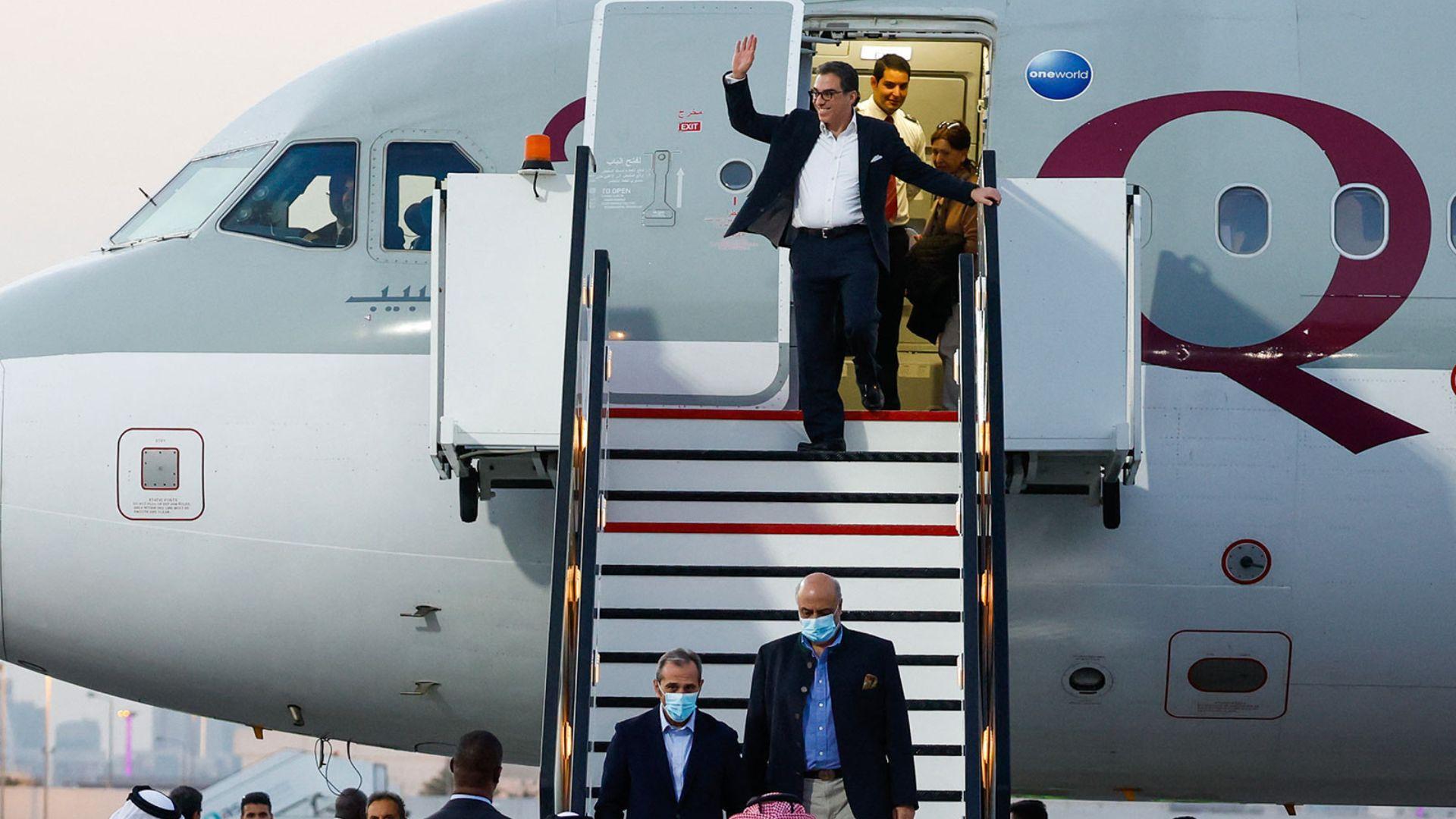
Source: Getty Images
Shargi, a businessman aged 58, encountered unexplained detentions and a subsequent 10-year sentence on espionage charges. Meanwhile, Tahbaz, a 67-year-old conservationist, was also sentenced to 10 years in prison, showcasing the severity of their individual ordeals.
Financial Arrangements
In the financial aspect of the agreement, approximately $6 billion, previously held in a restricted South Korean account, is set to be transferred with strict guidelines on its usage.
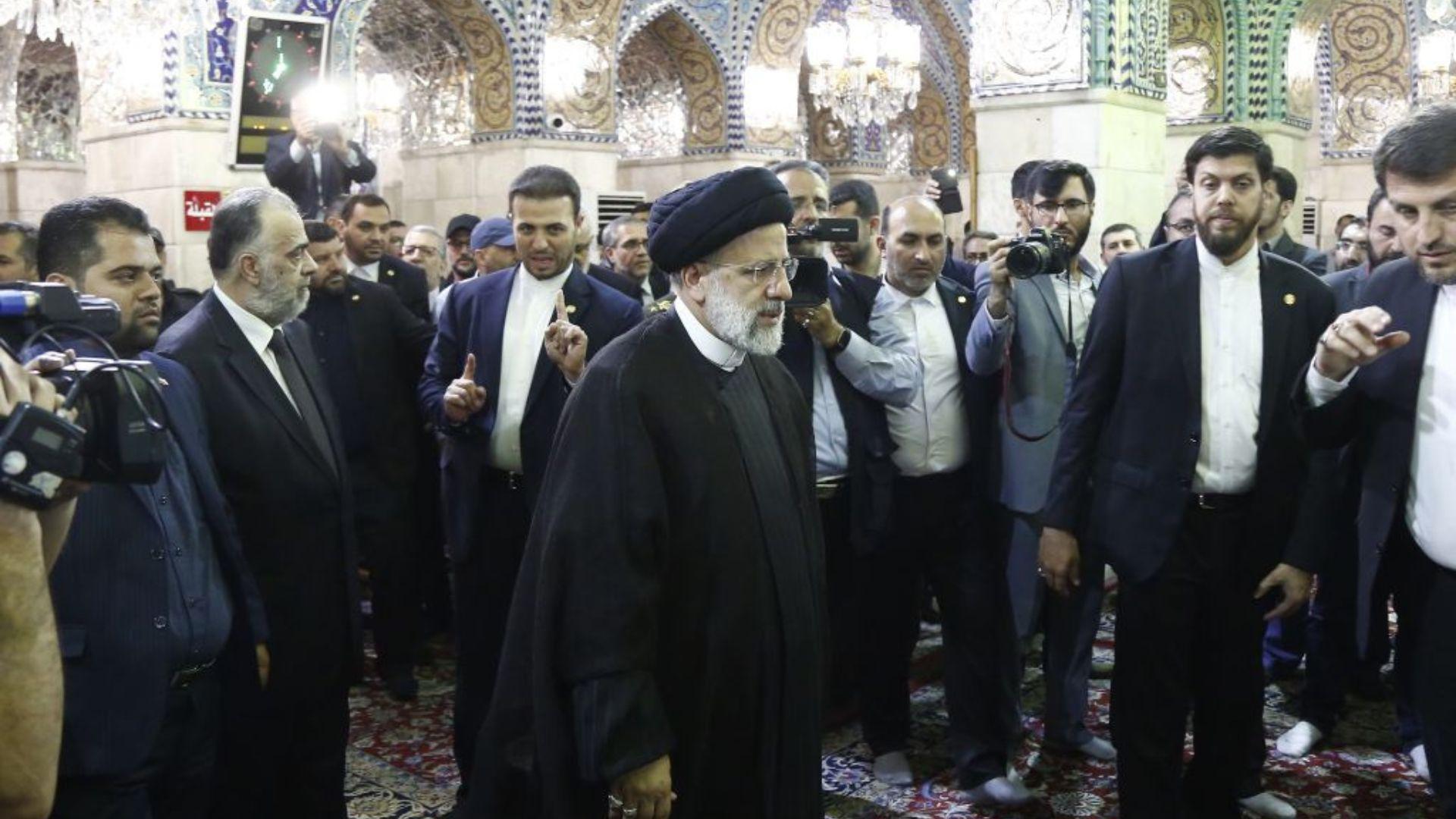
Source: Getty Images
Nasser Kanaani, a spokesperson for Iran’s Foreign Ministry, affirmed that active foreign policy had led to the unlocking of these funds, and remarked that the investments would be directed where necessary, marking a significant step in the execution of the agreement.
Points of Contention Surrounding the Deal
While the agreement has been met with criticism, particularly from Republican quarters, National Security Council Coordinator John Kirby has defended the nuances of the deal.
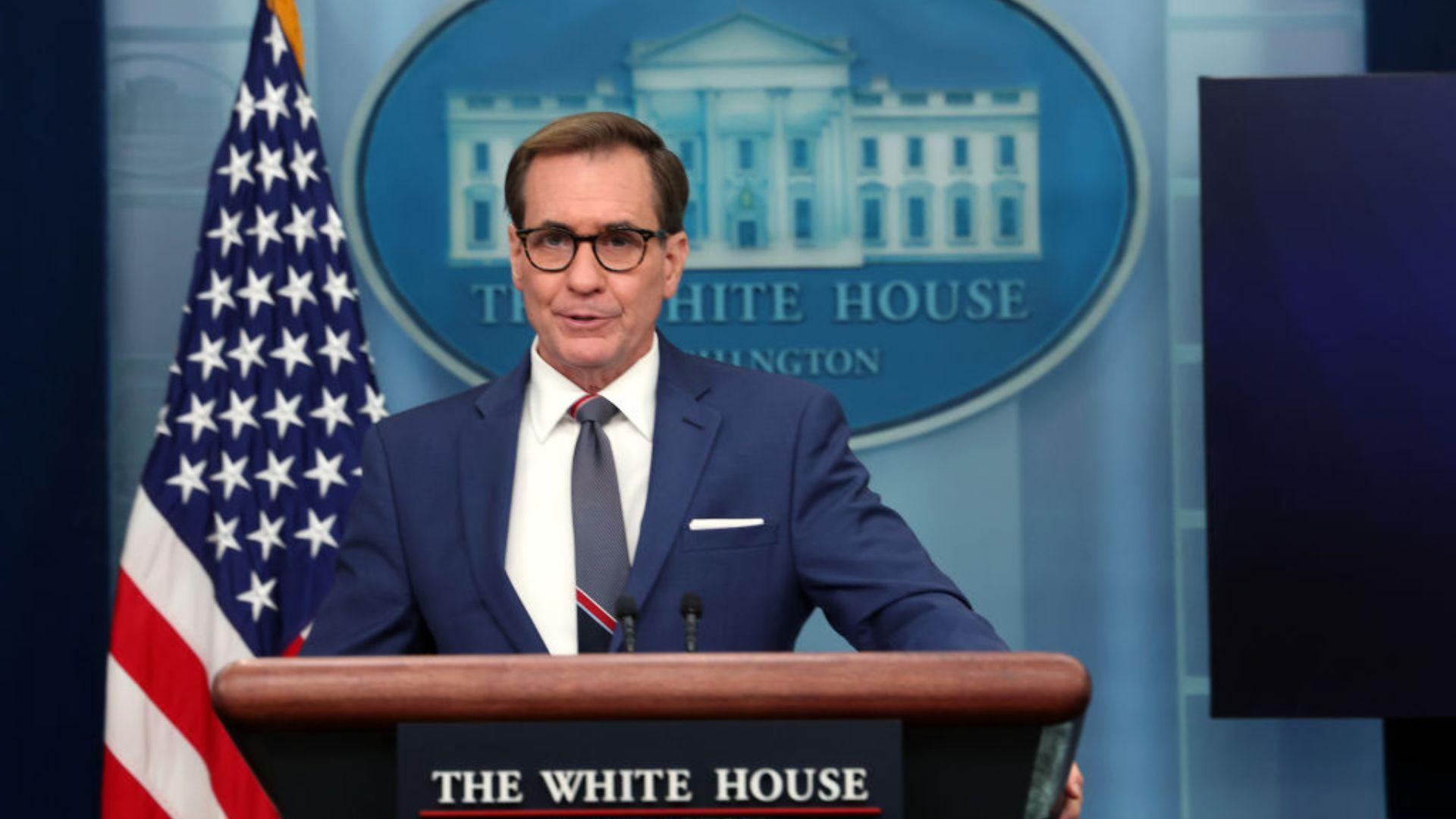
Source: Getty Images
He assured that the funds are earmarked exclusively for humanitarian projects and are not a blank check for the Iranian government. Kirby emphasized the ultimate goal of the agreement was to secure the release of the detained Americans, prioritizing their safety and wellbeing over political debates.
Reiterating the Significance of the Release
John Kirby echoed a sentiment that is resonating across the nation – the irredeemable value of freedom. He pointed out that the true worth of the agreement can be gauged by the reactions of the families of the released Americans.
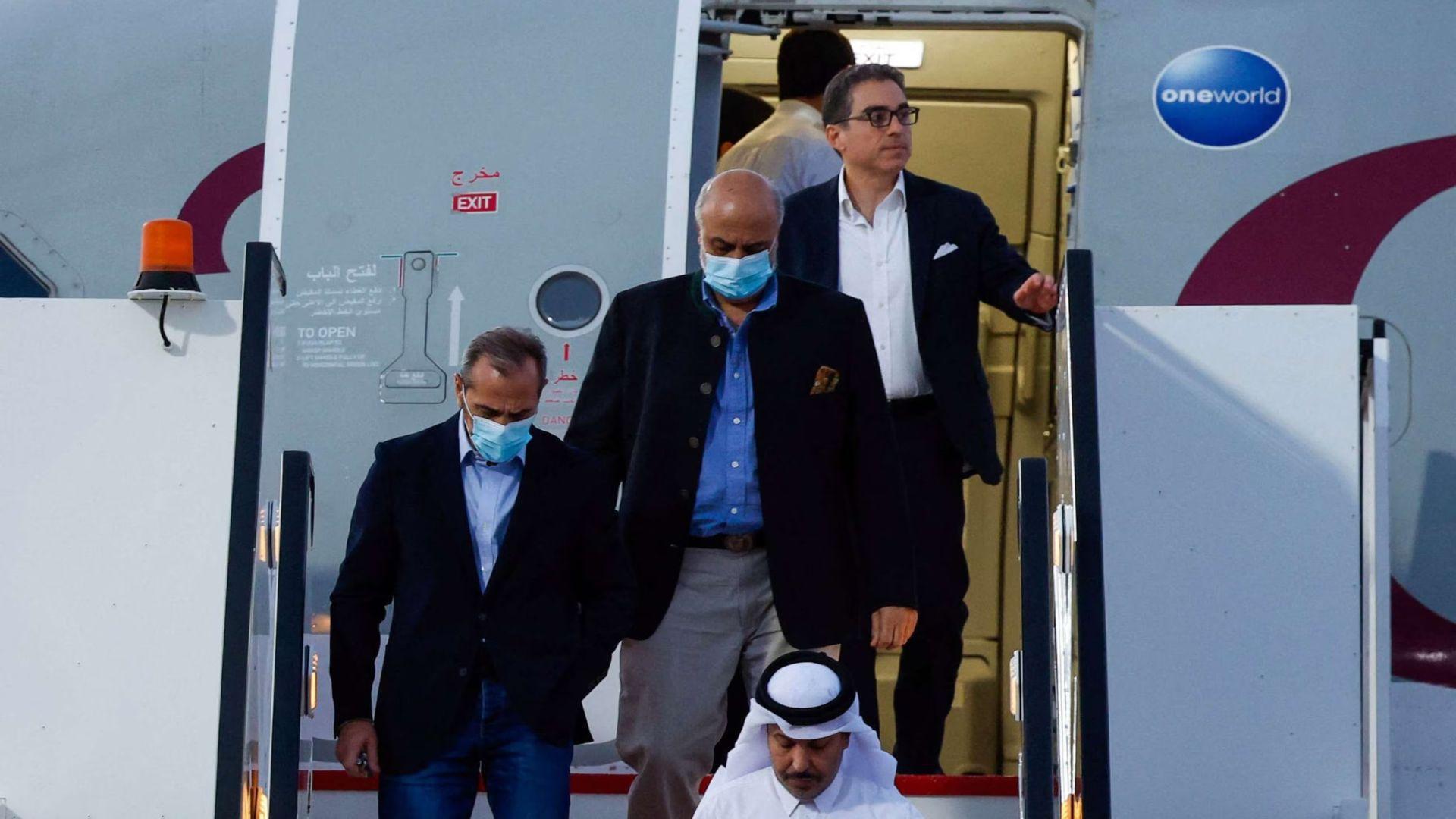
Source: Getty Images
Their impending reunion underlines the successful negotiation and showcases that the freedom and safety of individuals remains paramount in the grand scheme of international relations.
